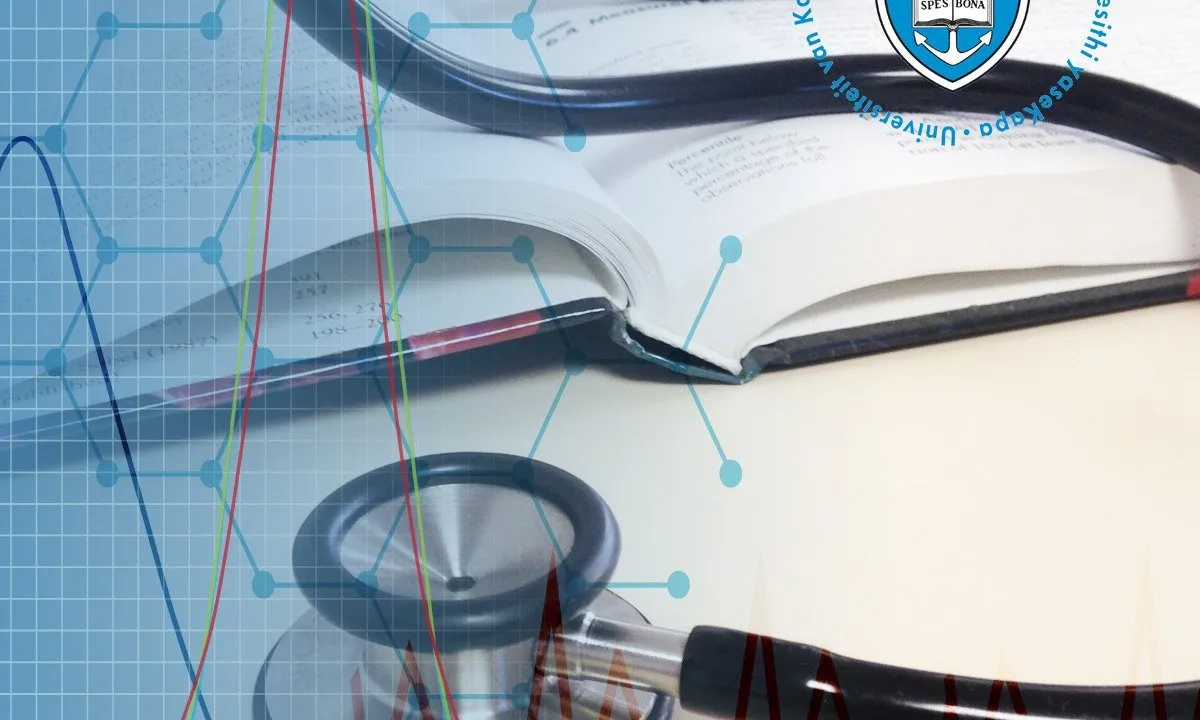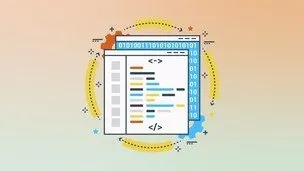
Understanding Clinical Research: Behind the Statistics 
This course provides an introduction to understanding clinical research and the statistical analysis behind it. It is designed to help both working professionals and medical students gain greater confidence in interpreting research results. The course covers topics such as confidence intervals and p-values. ▼
ADVERTISEMENT
Course Feature
![]() Cost:
Cost:
Free
![]() Provider:
Provider:
ThaiMOOC
![]() Certificate:
Certificate:
Paid Certification
![]() Language:
Language:
English
![]() Start Date:
Start Date:
4th Sep, 2023
Course Overview
❗The content presented here is sourced directly from ThaiMOOC platform. For comprehensive course details, including enrollment information, simply click on the 'Go to class' link on our website.
Updated in [March 20th, 2023]
Learners can learn the basics of clinical research and statistics, including common statistical concepts and terms, how to interpret and understand published literature, and how to conduct their own research. They will also gain an understanding of the importance of clinical research and the impact it has on medical practice. Additionally, learners will be able to develop their skills in data analysis and interpretation, as well as gain an understanding of the ethical considerations of conducting clinical research. Finally, learners will be able to gain a certificate of completion and access financial aid if needed.
[Applications]
Those who have completed the course "Understanding Clinical Research: Behind the Statistics" can apply their knowledge to their own research or to properly understand the published literature. They can also use the certificate of completion to demonstrate their understanding of the course material. Additionally, those who need financial assistance can apply for Financial Aid to help cover the cost of the course.
[Career Paths]
1. Clinical Research Associate: Clinical Research Associates (CRAs) are responsible for the planning, implementation, and monitoring of clinical trials. They are responsible for ensuring that the trials are conducted in accordance with the protocol, applicable regulations, and Good Clinical Practice (GCP). CRAs are in high demand due to the increasing number of clinical trials being conducted. With the development of new technologies, CRAs are expected to have a greater understanding of the data generated from clinical trials and be able to interpret the results.
2. Clinical Data Manager: Clinical Data Managers (CDMs) are responsible for the collection, management, and analysis of clinical data. They are responsible for ensuring that the data is accurate and complete, and that it meets the requirements of the clinical trial protocol. CDMs are expected to have a strong understanding of the data generated from clinical trials and be able to interpret the results. With the development of new technologies, CDMs are expected to have a greater understanding of the data generated from clinical trials and be able to interpret the results.
3. Clinical Research Coordinator: Clinical Research Coordinators (CRCs) are responsible for the coordination of clinical trials. They are responsible for ensuring that the trials are conducted in accordance with the protocol, applicable regulations, and Good Clinical Practice (GCP). CRCs are expected to have a strong understanding of the data generated from clinical trials and be able to interpret the results. With the development of new technologies, CRCs are expected to have a greater understanding of the data generated from clinical trials and be able to interpret the results.
4. Clinical Trial Statistician: Clinical Trial Statisticians (CTSs) are responsible for the design, analysis, and interpretation of clinical trials. They are responsible for ensuring that the trials are conducted in accordance with the protocol, applicable regulations, and Good Clinical Practice (GCP). CTSs are expected to have a strong understanding of the data generated from clinical trials and be able to interpret the results. With the development of new technologies, CTSs are expected to have a greater understanding of the data generated from clinical trials and be able to interpret the results.
[Education Paths]
1. Master of Science in Clinical Research: This degree program provides students with the skills and knowledge to design, conduct, and analyze clinical research. It covers topics such as biostatistics, epidemiology, clinical trial design, and regulatory affairs. This degree is becoming increasingly popular as the demand for clinical research professionals grows.
2. Master of Public Health: This degree program focuses on the health of populations and communities. It covers topics such as health policy, health promotion, and health services administration. This degree is becoming increasingly popular as the need for public health professionals grows.
3. Doctor of Philosophy in Clinical Research: This degree program provides students with the skills and knowledge to design, conduct, and analyze clinical research. It covers topics such as biostatistics, epidemiology, clinical trial design, and regulatory affairs. This degree is becoming increasingly popular as the demand for clinical research professionals grows.
4. Doctor of Public Health: This degree program focuses on the health of populations and communities. It covers topics such as health policy, health promotion, and health services administration. This degree is becoming increasingly popular as the need for public health professionals grows.
Pros & Cons

Comprehensive introduction to clinical research and medical statistics.

Clear explanation and comprehensive case study.

Understands the pros and cons of each test.

Needs more supplementary sources.

Lecturer only reads the script.

Not enough deep explanation of some issues.
Course Provider

Provider ThaiMOOC's Stats at AZClass
Discussion and Reviews
0.0 (Based on 0 reviews)
Explore Similar Online Courses

The Ultimate 2D Game Character Design & Animation Course

Try Angular v4 An Incredible Front End Framework by Google

Python for Informatics: Exploring Information

Social Network Analysis

Introduction to Systematic Review and Meta-Analysis

The Analytics Edge

DCO042 - Python For Informatics

Causal Diagrams: Draw Your Assumptions Before Your Conclusions

Whole genome sequencing of bacterial genomes - tools and applications

Healthcare Research: For Healthcare Professionals

Diagnosing Rare Diseases: from the Clinic to Research and back

African Vaccines Regulatory Forum clinical trials inspections
 Related Categories
Related Categories
 Popular Providers
Popular Providers
 Popular Searches
Popular Searches
Quiz
 Submitted Sucessfully
Submitted Sucessfully
1. What type of certificate is offered upon successful completion of the course?
2. What type of financial aid is available for the course?
3. What is the cost of enrolling in the course?
4. What is the cost of the course?
Correct Answer: It is free to enroll and take.
5. What is the best way to start understanding clinical research?
6. What is the option for staying motivated in the course?


Start your review of Understanding Clinical Research: Behind the Statistics